by OpenNotes It’s been a remarkable year for OpenNotes! In 2017 the number of health systems sharing notes and the number of patients with access to notes doubled. We’re excited by the momentum OpenNotes is gaining, but there’s still plenty of work ahead. Here are ten highlights from 2017 that have us energized for the…
Patient Empowerment
Take Control of Your Health Care
by OpenNotes – posted first by Age Brilliantly on August 29th, 2017 “I’m a baby boomer, and my son’s on the other end of the baby boomers. We come from a place where doctors tell you what to do. Patients don’t ask the doctor anything, you know. He tells you and you go for it,…
Shift happens, if you let it
by Casey Quinlan, the “Mighty Mouth” of Mighty Casey Media LLC RICHMOND, VA – Culture change requires … culture change. Shifting one person’s thinking about an issue is a heavy lift. Doing that with a group, particularly a highly educated group used to being the smartest people in the room? That can be a monumental…
Making Patients Partners in Real-Time Electronic Charting
by Stephanie D. Drobny, MS-HSL, RN, CPHQ – This form of team charting builds trust with patients and improves health literacy.
Why I hesitate to seek out regular and preventative care
by Mere Abrams, MSW, ASW SAN FRANCISCO, CA – Each time I go to the doctor, I pause before opening the door to the waiting room and take five deep breaths. I have no idea how I will be addressed, read, or referred to, even if it’s not my first appointment. As a trans nonbinary…
Learning to Speak Up: OpenNotes and Therapy
by Lori W., patient – BOSTON, MA – When asked if I was interested in writing a blog post for OpenNotes, I immediately said yes. But, it wasn’t long before panic set in. “What’s a blog?”…
PFAC + OpenNotes = #patientsincluded
It’s been nearly five years since Bella Wong received a bi-lateral lung transplant at UCHealth University of Colorado Hospital in Aurora, Colorado, and she’s still going to pulmonary rehabilitation twice a week – but not because she has to . . .
What patients value about reading visit notes: a qualitative inquiry of patient experiences with their health information
Background: Patients are increasingly asking for their health data. Yet, little is known about what motivates patients to engage with the electronic health record (EHR). Furthermore, quality-focused mechanisms for patients to comment about their records are lacking.
Objective: We aimed to learn more about patient experiences with reading and providing feedback on their visit notes.
Methods: We developed a patient feedback tool linked to OpenNotes as part of a pilot quality improvement initiative focused on patient engagement. Patients who had appointments with members of 2 primary care teams piloting the program between August 2014-2015 were eligible to participate. We asked patients what they liked about reading notes and about using a feedback tool and analyzed all patient reports submitted during the pilot period. Two researchers coded the qualitative responses (κ=.74).
Regina Holliday, Patient Advocate Extraordinaire, #Cinderblocks4
GRANSTVILLE, MD – The saying goes, if you want to get something done, ask a busy person. In Grantsville, Maryland, that’s Regina Holliday. Grantsville is a rural, one-road town
Student-accessible healthcare records: A mixed-method study of college student and provider
This mixed methods study evaluated student and provider attitudes and expectations about offering students online access to their student health services visit notes (open notes). Six (N=6) health care providers from four public universities in northeastern Massachusetts participated. Qualitative interviews were completed by students (N=14) from one University in fall of 2013 and an online survey was completed at two universities in Spring of 2014. Attitudes and expectations were explored using qualitative data and descriptive statistics were used to analyze survey questions. Students’ interviews revealed that they desire control over their health and open notes would give them insight and involvement in their health care. Survey data supported these themes. In contrast, providers worried about how it could impact provider-patient relationships. Open notes has the potential to promote students’ understanding and responsibility for their healthcare, which could assist students in their transition from pediatric to adult health care.
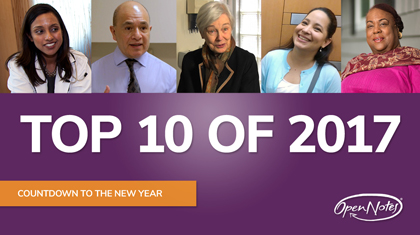
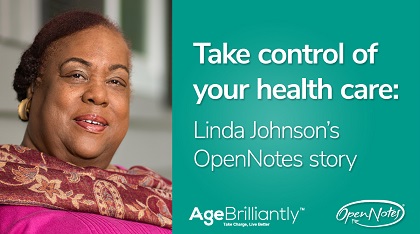
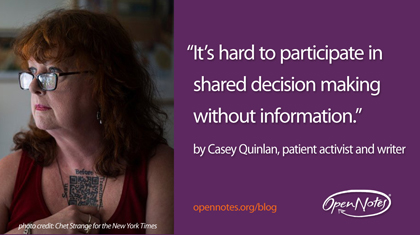
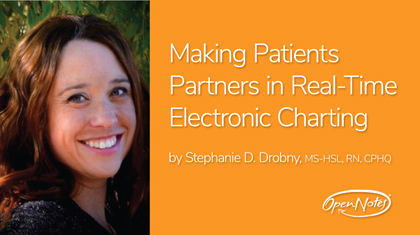
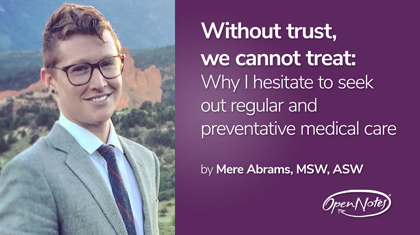
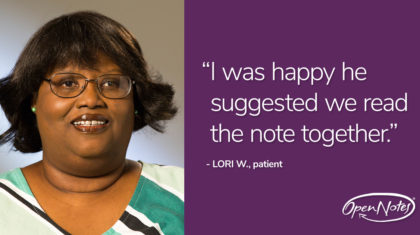
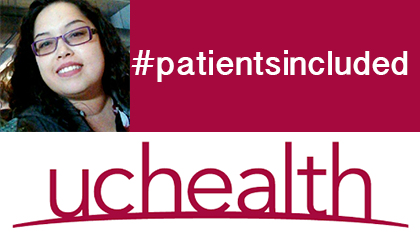
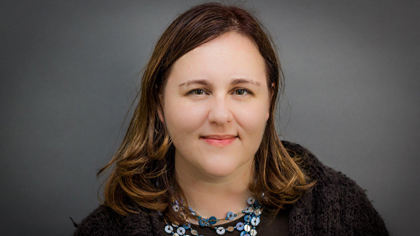




You must be logged in to post a comment.